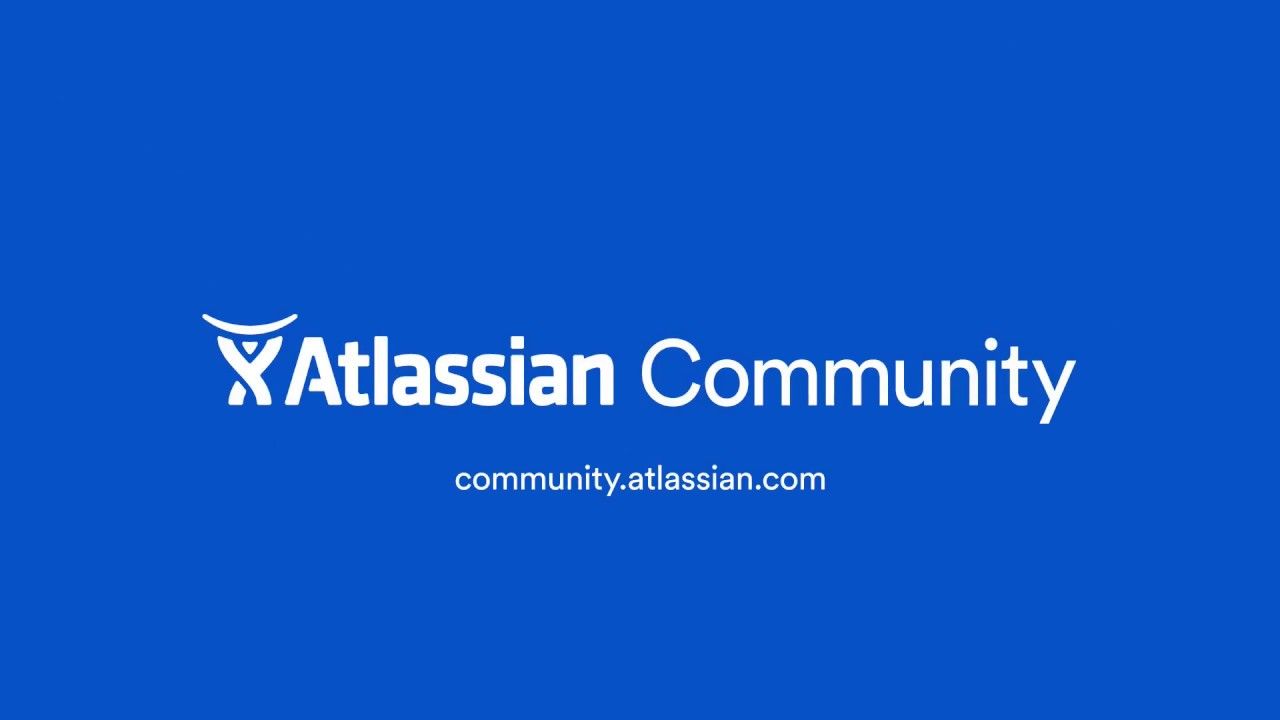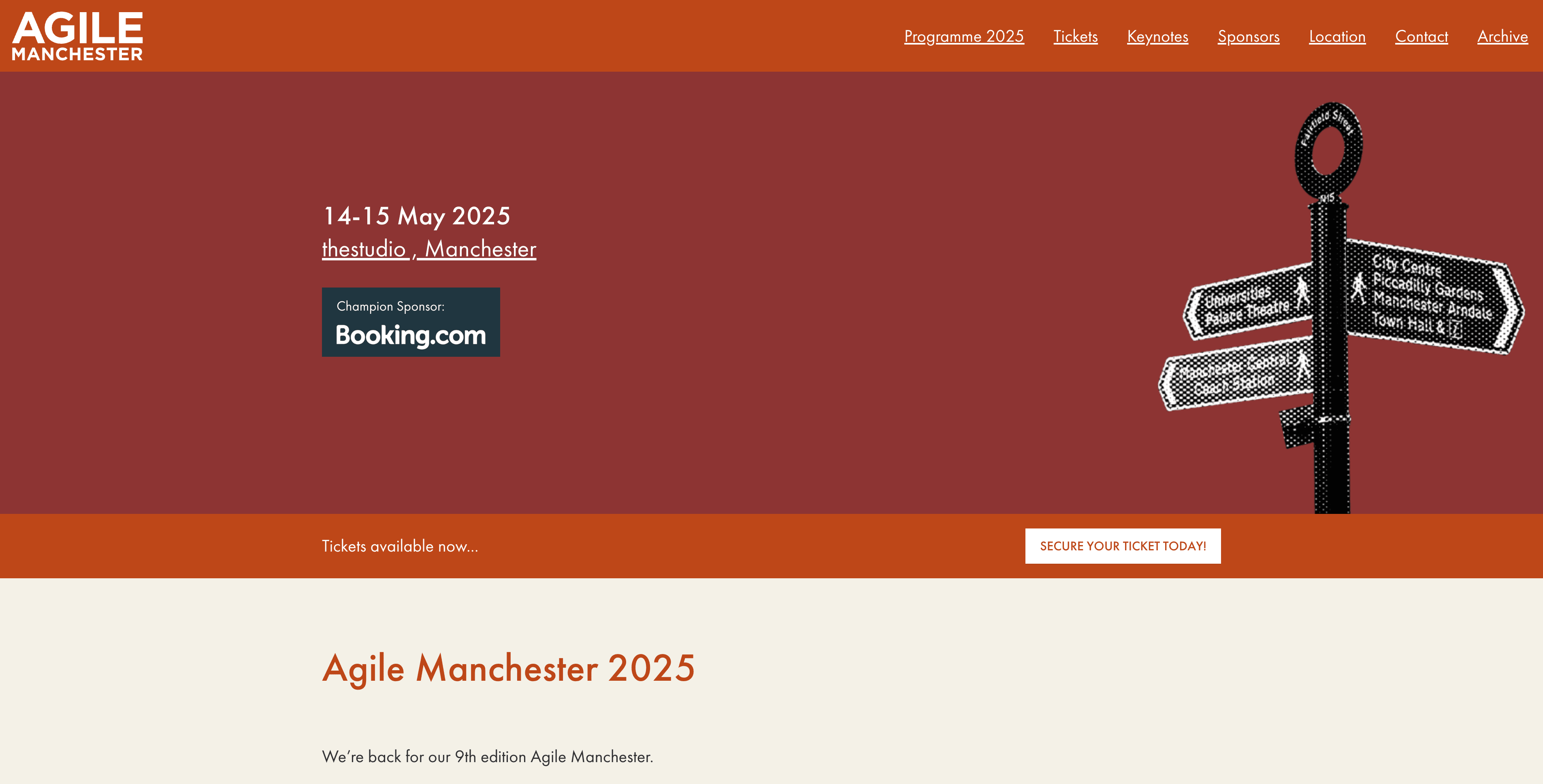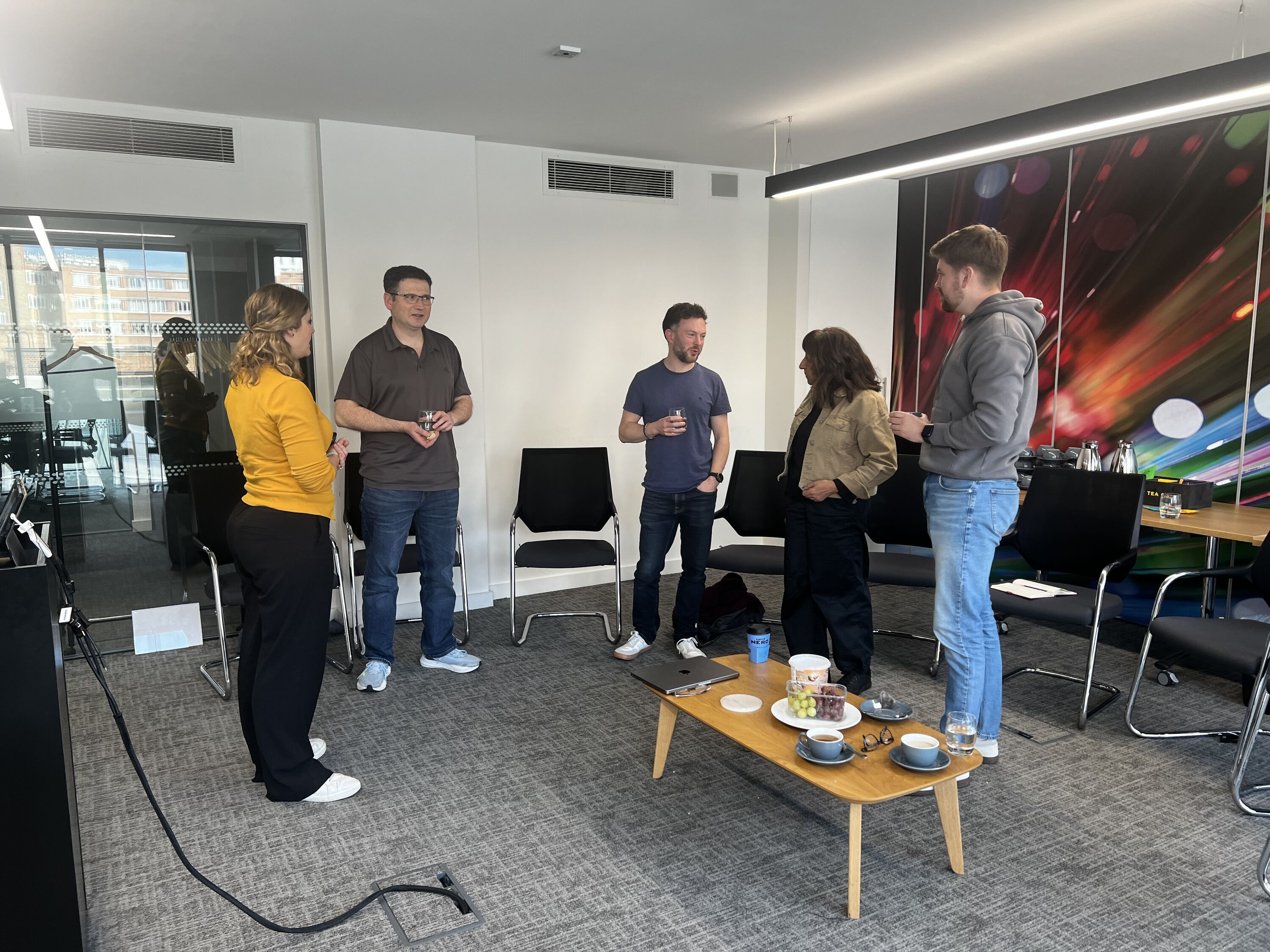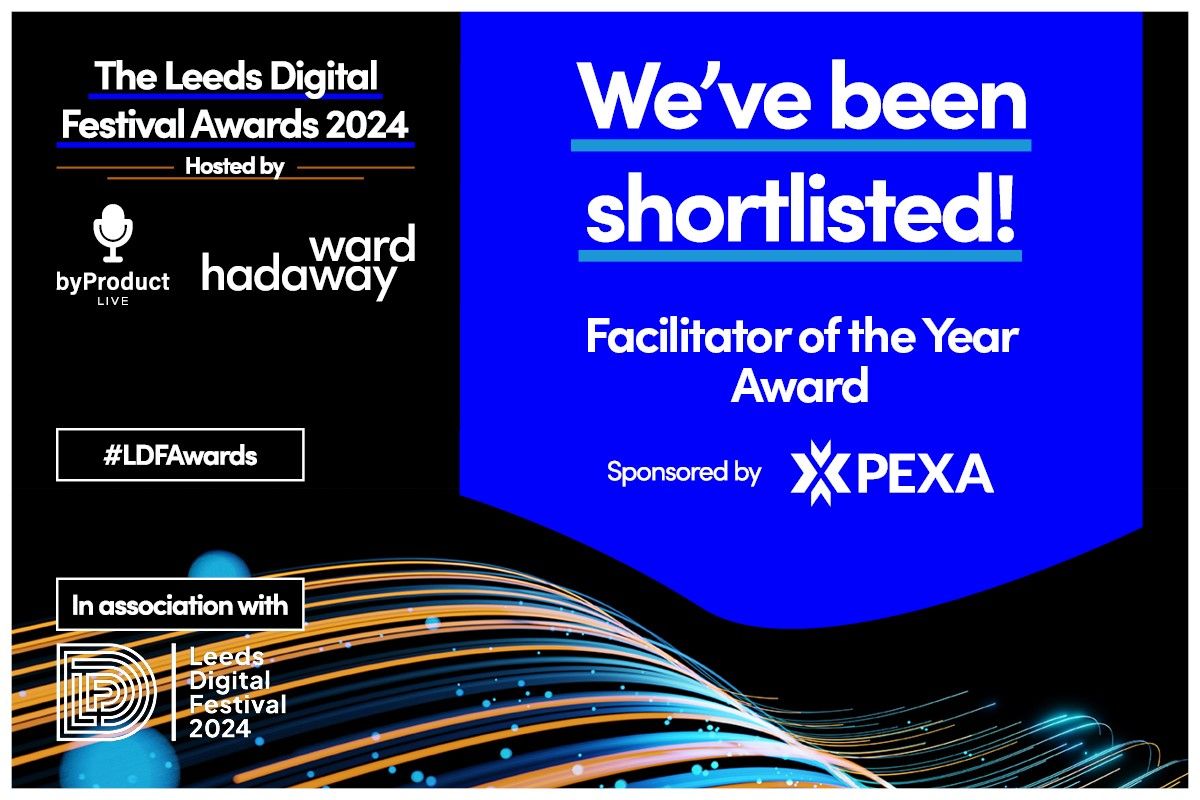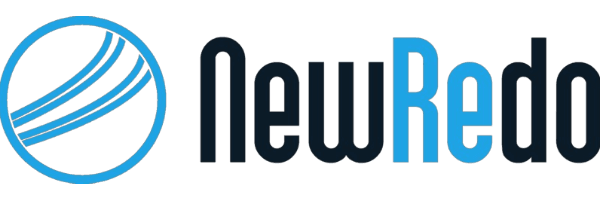NHS Spine-Tingling Success plus Event Presenter Polish
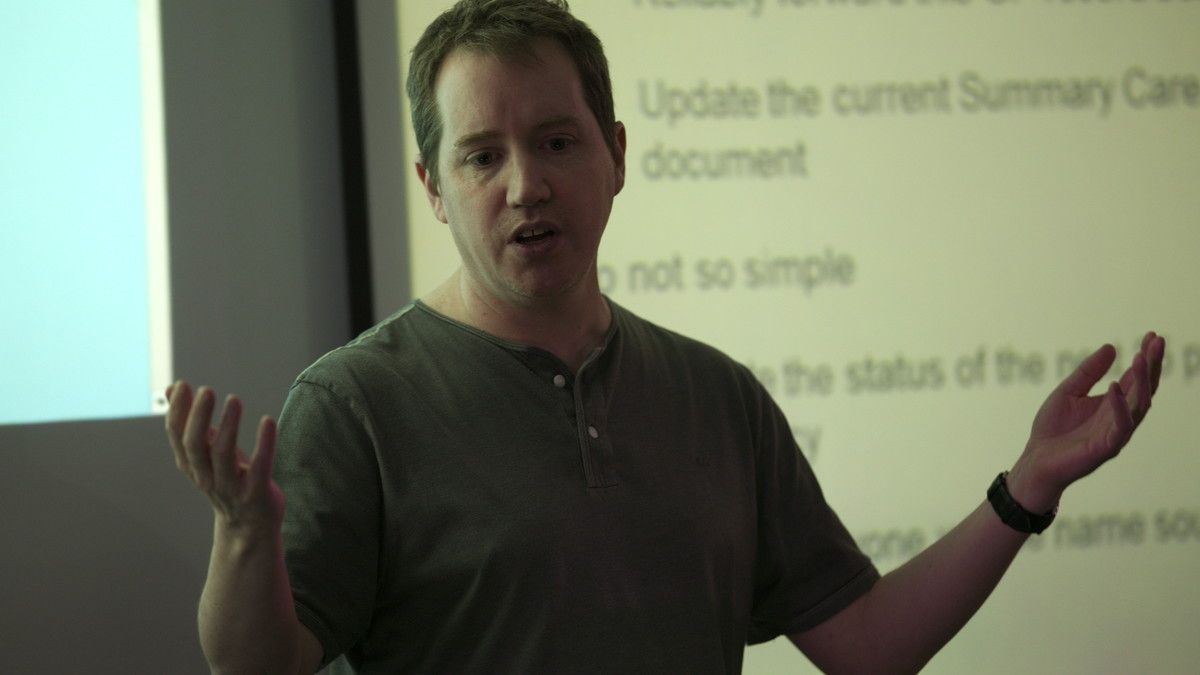
NHS Spine-Tingling Success plus Event Presenter Polish
The first talk of this month's meetup was a presentation about presentation skills, presented by Ivor Tymchak. Ivor's key message was that in giving a talk, one is "trying to change the audience's mind", just as he was trying to change our minds with regard to presentation skills in his own talk that evening.
By presenting in person, be it a technical talk, business pitch or even just a day-to-day conversation, the speaker is able to respond to the feedback of their audience and really judge whether that audience is understanding the information that is being delivered. The audience is the real focus of the presentation, Ivor reminded us, and as a speaker one must build a bridge from the audience's current understanding of the topic in hand to whatever point it is one is trying to teach.
Ivor made great efforts to impress upon us the importance of making sure all aspects of a presentation add value. Slides, for example, should be treated like a billboard. You wouldn't put something useless on a billboard that you were paying a lot of money for, so why would you distract your audience with superfluous information on a slide? Also on the topic of slides, Ivor pointed out that for anyone to whom design does not come naturally there are resources aplenty for coherent colour schemes, tasteful fonts and free-to-use, high resolution images to be found online.
Confidence in speaking will only really come to most of us with lots of practice, and as a final piece of useful advice, Ivor reminded us to always have a backup: "If the projector goes down, would you still be able to give that presentation?".
The main talk of the evening was given by Martin Sumner, technical lead of the Spine II programme at the NHS. Spine is the name given to a set of services for providing clinical and non-clinical data in the NHS, including prescriptions, details of adverse reactions to medications, patient addresses and personal information. Martin reckons the system deals with something in the region of thirty million messages a day.
The Spine I project (presumably then just known as 'Spine') involved about two thousand people, over one billion pounds, and took over eight years to (sort of) complete. Several years down the line from Spine I's 'completion', and plans for replacing that system, a system Martin had been involved in developing, were under way. Martin was worried to see signs that the organisation of the project seemed to be going the same way as the first version of the system, with lots of upfront planning based on specifications that were certain to change and large portions of the project being earmarked for outsourcing at great expense.
Attentive Agile Yorkshire crowd Martin and a colleague started on a small proof of concept with the aim of showing that a small team could achieve the results needed to improve and extend the system. They were successful, and also managed to show that, as Martin had suspected, the project specification was severely lacking and they needed a way of working to allow for the gradual development of those specifications. Something more 'agile'?
The project took a couple of years to complete, and so far seems to be fulfilling its goals of providing a highly available, efficient and reliable set of data services. It is estimated that the new Spine has time savings of seven or eight hundred working days per DAY over the old system! A pretty incredible figure. "Was the project agile?", pondered Martin. In some respects, yes: they managed to have a good amount of automated test coverage, continuous integration and test environments which were a close analogue to the Live ones, all of which allowed for agile reactions to changing requirements and for the work to be completed incrementally. The release itself, however, could not really be done incrementally, due to its being an 'all or nothing' affair, involving hefty, tightly coordinated data migrations, which took a up a lot of the development effort.
Looking back over both iterations of Spine, Martin has seen most success when the teams he has worked in were really engaged in the project, and also that the development process doesn't have to be fixed -- people over process!
Workshop Notice: If you'd like to improve or develop your speaking skills Agile Yorkshire is running a workshop with Ivor Tymchak very soon and if you step forward to speak at a future Agile Yorkshire meetup it's almost FREE.
Finally thanks also to all our volunteer team who make the event happen and to main sponsors iSource IT, Piksel, Callcredit and NewRedo and to our prize sponsors O'Reilly, JetBRAINS,Manning, Wrox and PluralSight.
See you next month, Eleanor Chambers

